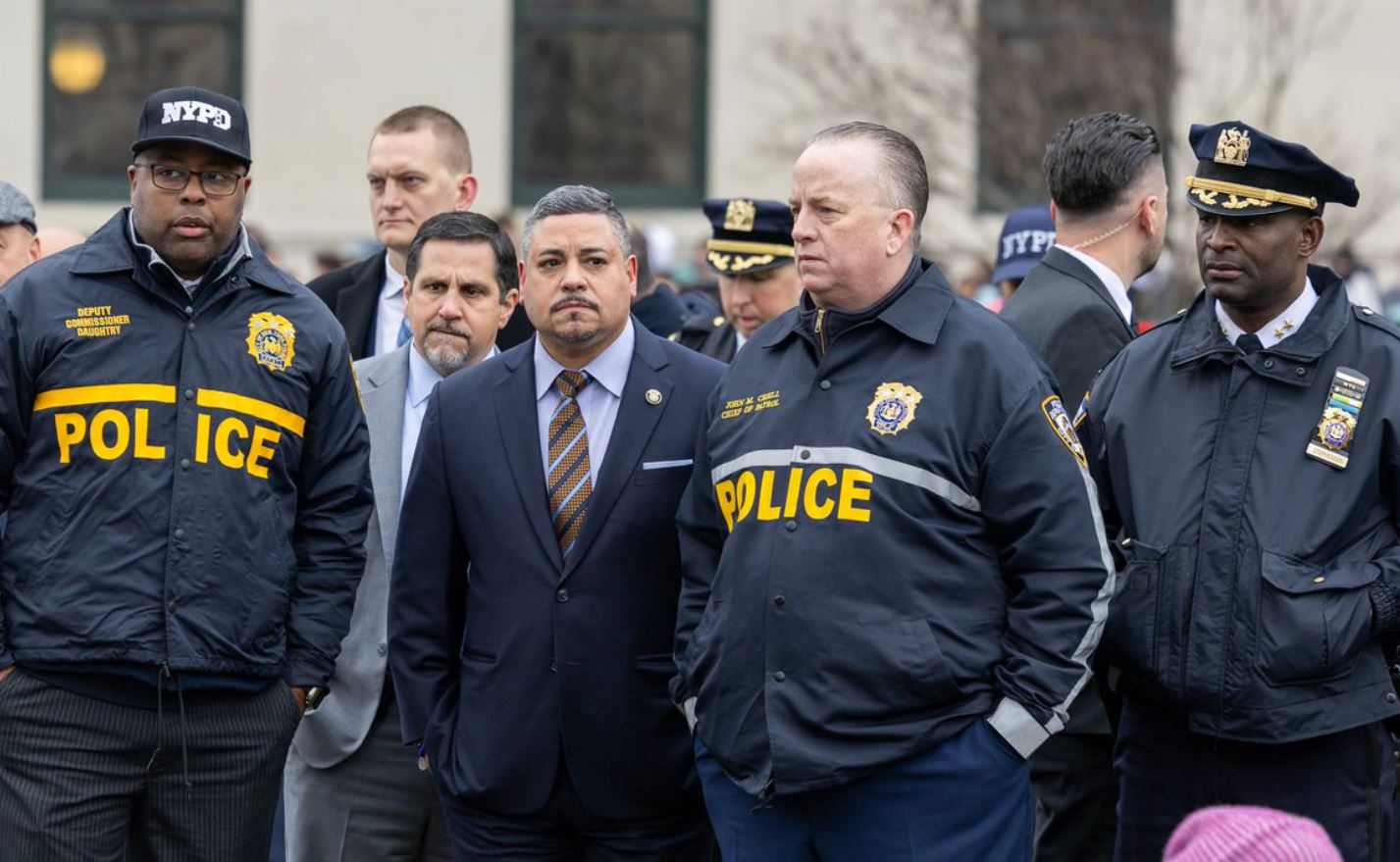New York City is poised to rein in landlords seeking to buy tenants out of rent-regulated apartments, a practice that has come under scrutiny in a roaring real-estate market.
Saying that residents of the city's 1.3 million rent-restricted apartments are being pressured to move out, Mayor Bill de Blasio plans Thursday to sign legislation barring repeated buyout offers within six months if tenants don't want them. Other provisions would require reminders that tenants can refuse or consult lawyers.
"We will not let abusive landlords intimidate tenants so they can make an extra buck," de Blasio said at a hearing Wednesday.
He and other proponents say the measures will help keep residents from being browbeaten out of their homes by landlords and professional "tenant relocators" eager to charge more. But some real estate industry experts say the restrictions unduly curb communications with tenants.
Under state laws, vacant rent-stabilized apartments often can be renovated, deregulated and re-rented at triple the price or more — $5,200 a month instead of $1,700 for a Manhattan two-bedroom, for example. Citywide, about 266,000 apartments have been deregulated since 1994.
Tenant harassment complaints in city Housing Court have nearly doubled since 2011, officials have said. At a City Council hearing this spring, tenants and their advocates described residents getting knocks on their doors, fielding multiple calls per week and being accosted on the street with unwanted buyout offers. Some said that they'd been threatened with lawsuits or jail if they refused and that relocation specialists had approached tenants' children.
"Rent-regulated tenants routinely face harassment," and it's especially troubling when the city is striving to preserve affordable housing, said Brandon Kielbasa of the Cooper Square Committee, a tenant advocacy group. He sees the new measures as needed protection.
Local
But real estate interests have noted that buyout offers — often totaling five or more figures — can be welcome.
Some tenants solicit them. Others who initially decline reconsider as their circumstances change or the offer increases, says landlords' lawyer Sherwin Belkin. He says he won't force the issue if a tenant says no, but he inquires again in a few months or weeks if he believes they may entertain different terms, or he might send a note inviting them to call if they change their minds.
The six-month blackout on re-approaching uninterested tenants "prohibits what can be purely benign, non-threatening, non-intimidating —what should be protected free speech," Belkin said, noting that existing laws already prohibit tenant harassment. A 2014 law doubled the maximum penalty to $10,000.
Meanwhile, a new city and state anti-tenant-harassment task force logged its first criminal case in June, when a Brooklyn landlord was accused of destroying walls and illegally turning off heat to try to make tenants miserable enough to move.
The new measures are set to take effect three months after being signed.



